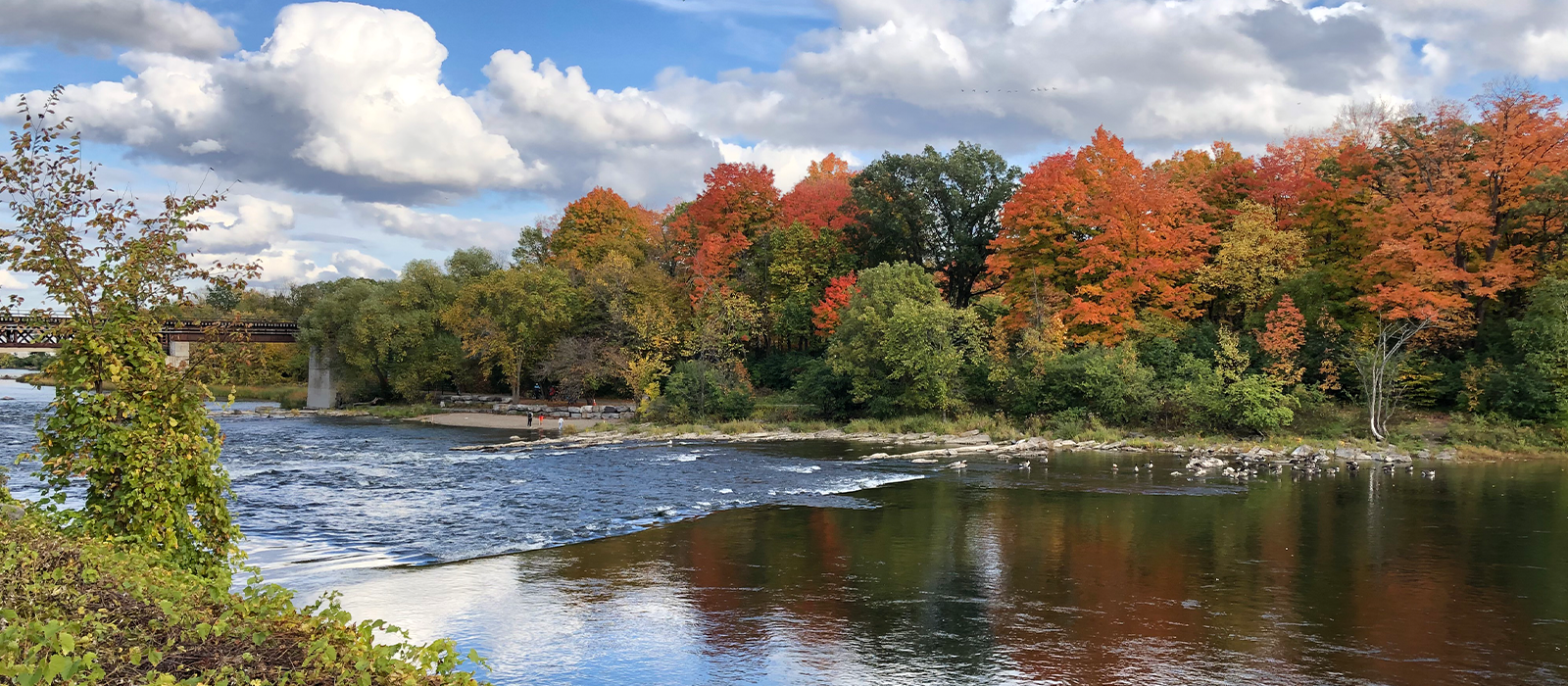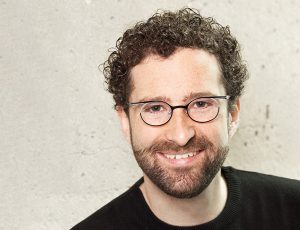Support from Faculty with Funded Research
If you are looking for prospective supervisors, please refer to our entire faculty list to learn about their expertise. Faculty members often receive funding for their research that can help support your PhD training. The following is a list of faculty who currently have funding that could support your work. Reach out to them for more specifics.
- Amanda Clarke: SSHRC-funded work on digital government, public administration reform and data governance
- Graeme Auld: SSHRC-funded work on private auditing, sustainability, and transnational governance
- Marc-André Gagnon: SSHRC-funded work on corporate strategies in pharmaceuticals and agro-chemicals sectors, pharmaceutical and innovation policy
- Mehdi Ammi: CIHR-funded work on public health systems and accessibility of health care services
- Rob Shepherd: SSHRC-funded work on Indigenous youth, as well as spending reviews and priority-setting
- Stephan Schott: Genome Canada-funded work on mountain pine beetle risk assessment and inclusive forest management for resilience and sustainable livelihoods
- Susan Phillips: SSHRC-funded work on philanthropic organizations and justice and equity
- Vivian Hoffman: CGIAR-funded work on food safety in informal markets and antimicrobials for animal production in developing countries
Impact
Top analytical positions in government, NGOs and consultancies benefit from employees with doctoral training. Approximately half of our graduates work in positions like these, directly linking the study of public policy to its practice. Others have taken up academic careers in public policy, political science or multidisciplinary programs — helping to shape public policy in Canada and abroad. See a few of the profiles of our graduates below, or visit our PhD Graduates page for more recent graduates.
PhD Public Policy Alumni Profiles
Alexandre Couture Gagnon, PhD in Public Policy, SPPA, 2013
Malcolm Bird, PhD in Public Policy, SPPA, 2008
Tamara Krawchenko, PhD in Public Policy and Political Economy, SPPA, 2012
Monica Gattinger, PhD in Public Policy, SPPA, 2004
Michael Orsini, PhD in Public Policy, SPPA, 2002
The Program
The PhD will advance your knowledge of the literatures and approaches of policy analysis, the effects of markets and incentives in policy contexts and the research methods used to examine the origins and consequences of certain policies. It enables you to apply that knowledge to frame a research question within a particular policy field and to address that question systematically through a faculty-supervised thesis. Our faculty have supervisory expertise across a wide range of policy fields — including sustainable energy production, the roles and regulation of the nonprofit sector, the reform of health care, Indigenous self-government, international policy coordination or public sector management and ethics.
The Experience
Students enter the PhD from across Canada and abroad, having completed post-graduate degrees in the social sciences, natural sciences, management studies or humanities. They spend the first year primarily as a cohort, covering the literatures, research methods and perspectives that are most relevant to policy analysis. The second and subsequent years become more individualized. Students select particular graduate courses that support their chosen research areas and methodologies, prepare and defend their thesis proposals, conduct their supervised research and then write and defend their dissertations.
Degree Structure
The PhD in Public Policy comprises four single-semester required courses, three electives, a comprehensive exam, a research seminar and a thesis. It can be completed within five years of full-time study.
Please see the Graduate Calendar for detailed information on the degree structure and course descriptions.
Students may also apply to complete a specialization in Political Economy, offered through the Institute of Political Economy. Please refer to the Graduate Calendar for specific information on this specialization.
Information on Admissions
Please see the Graduate Calendar for admission requirements.
Required Application Documents
For an estimate of tuition fees, please use the fee estimate calculator.
Current PhD Experiences and Alumni Profiles

BACK TO TOP



